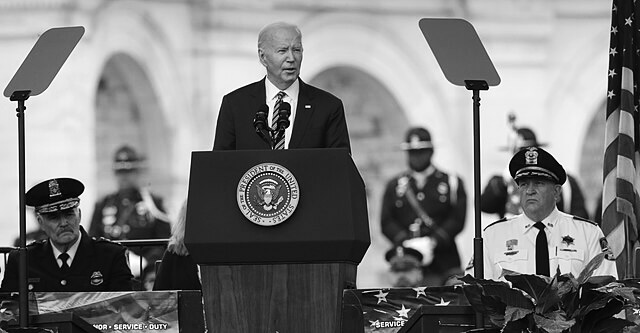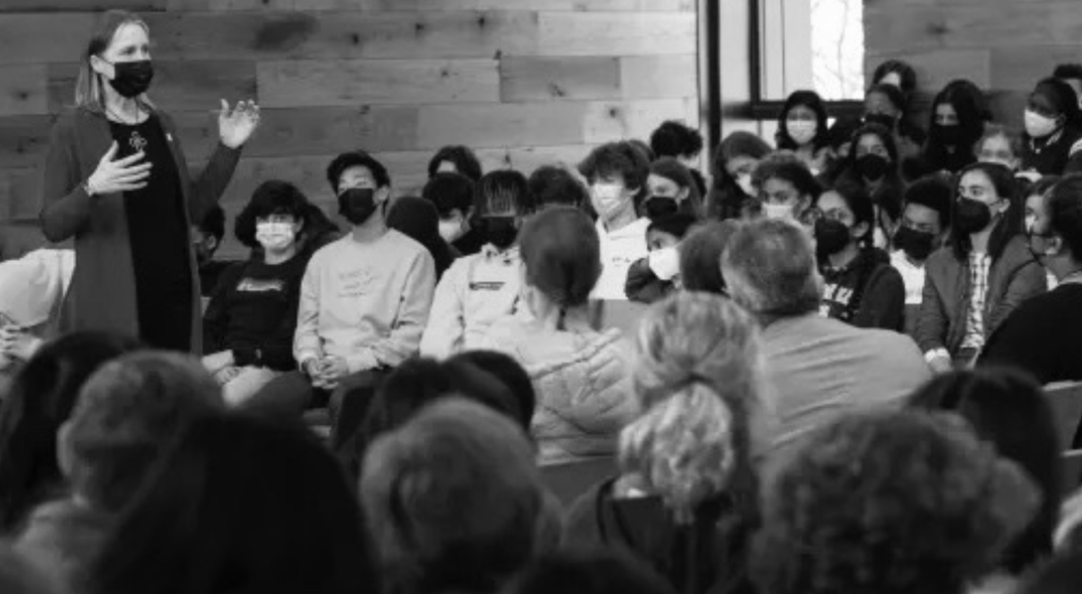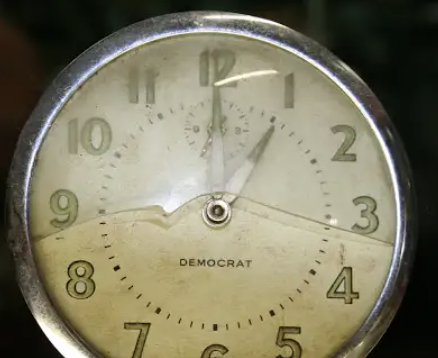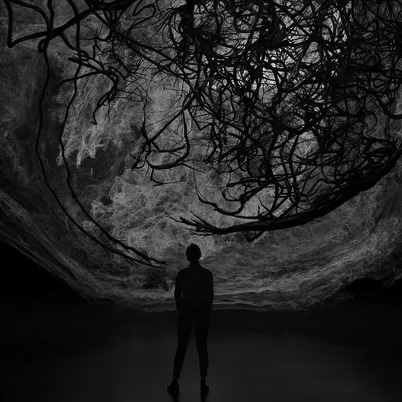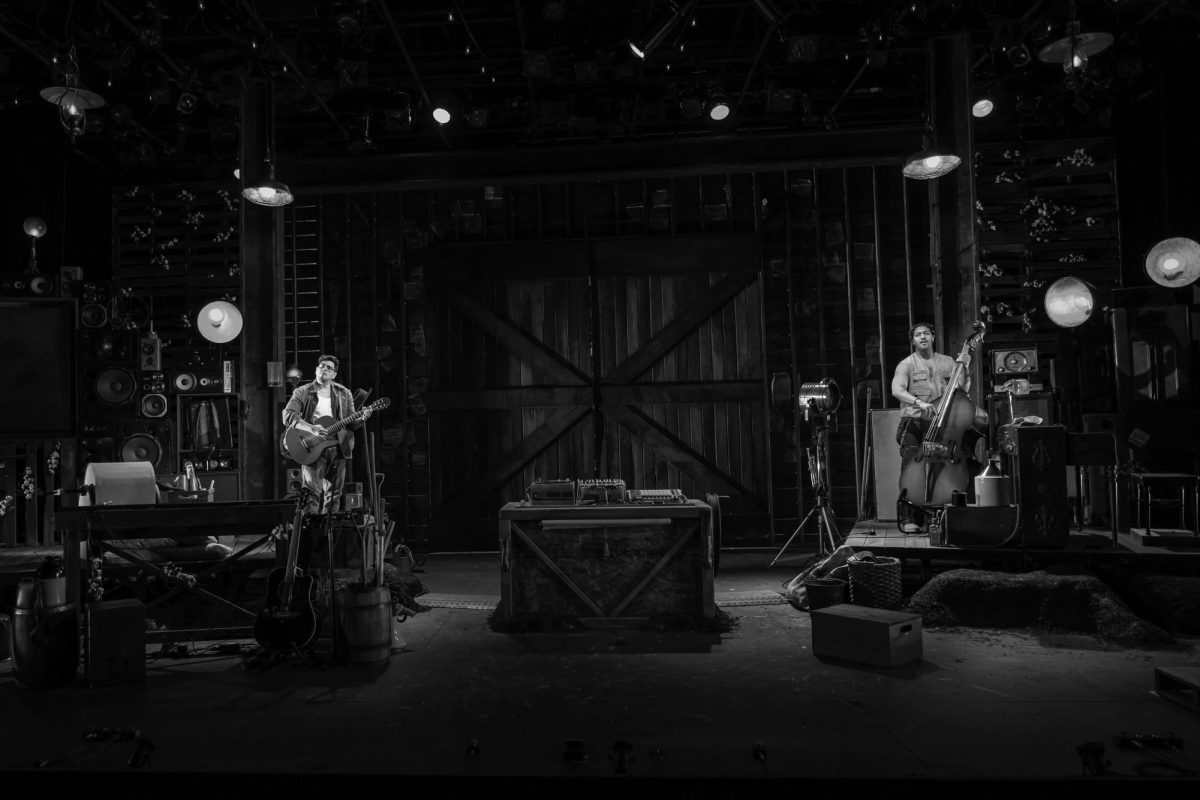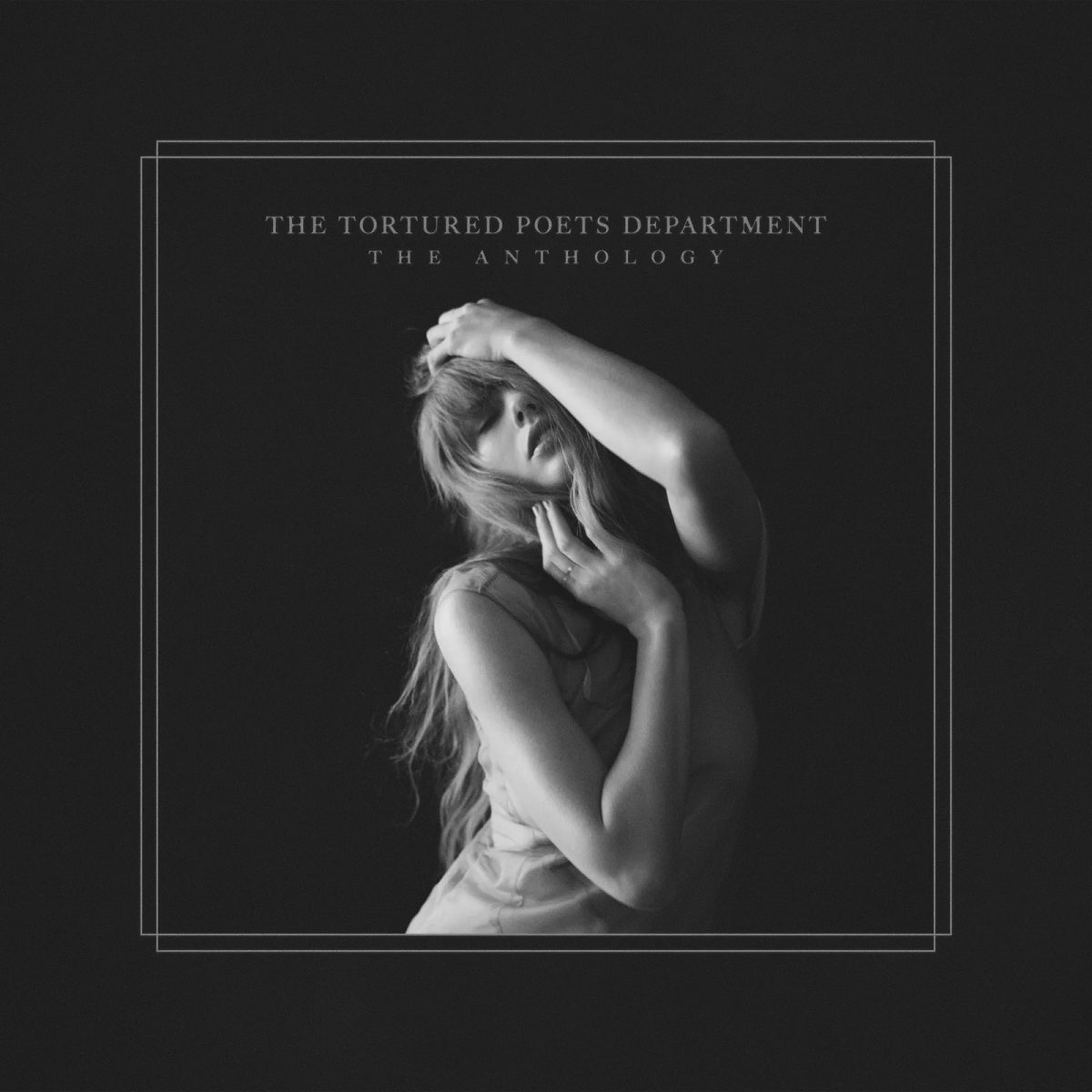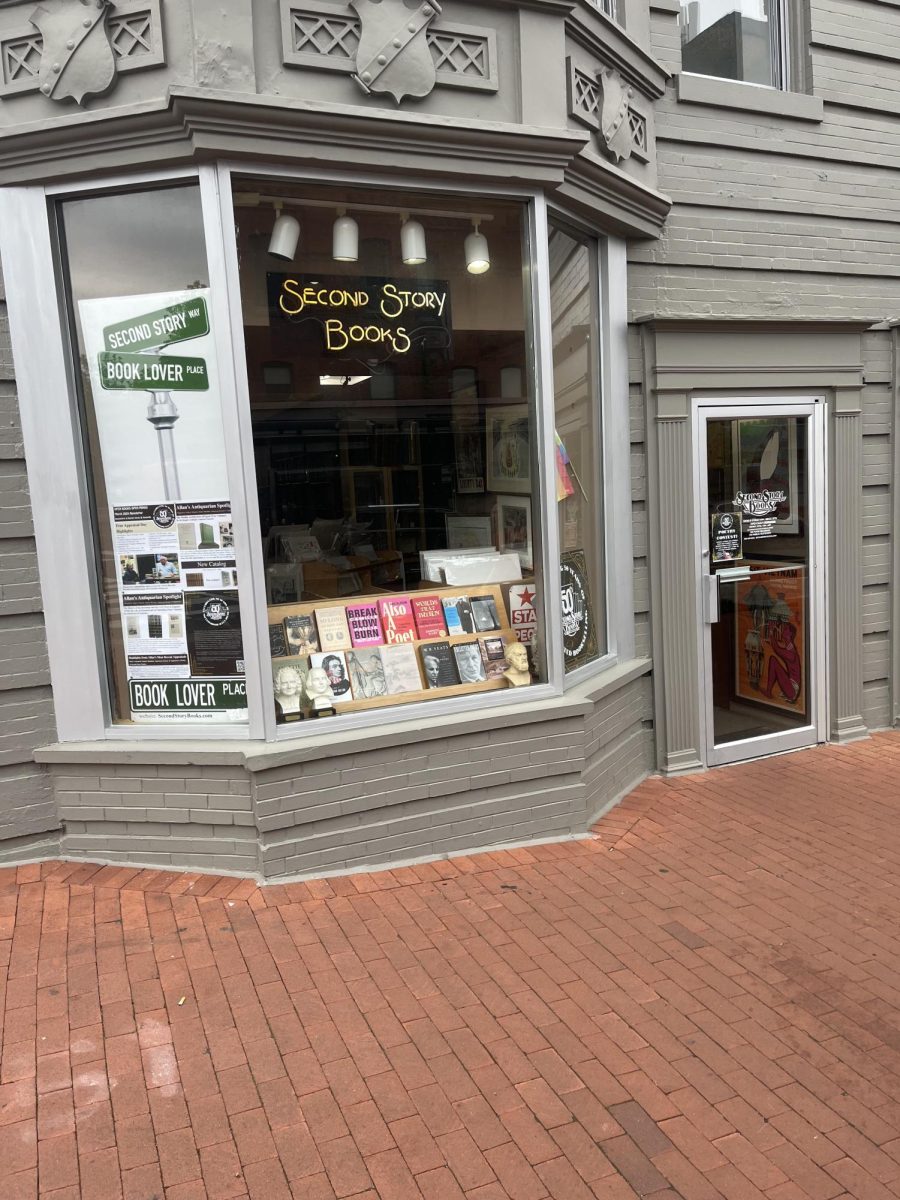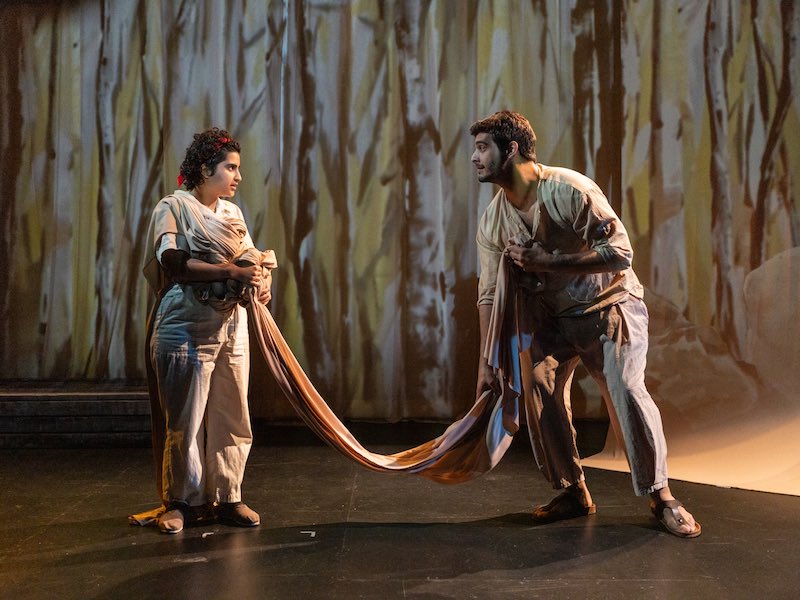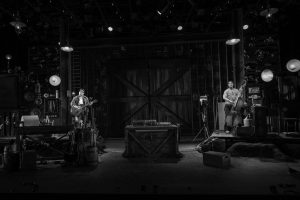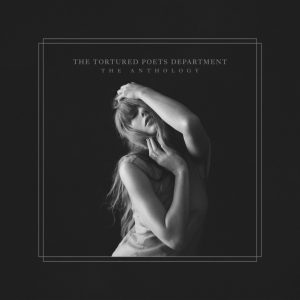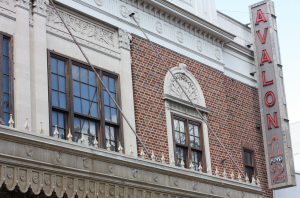Between Sept. 23 and Oct. 15, Expats Theatre is performing the play “Scorched.” Showing at the Atlas Performing Arts Center in Northeast Washington, “Scorched” tells the story of adult twins, Simon and Janine Marwan, who live in an unspecified Middle Eastern country. After the tragic death of their mother, Nawal, they uncover more about her past, such as how she became pregnant as a teen, but was forced to give the child up for adoption. Nawal then continued to spend a long part of her life looking for this child.
The story of “Scorched” is told irregularly through alternating scenes of Nawal’s life in the past and the twins’ journey in the present. The play touches on themes of family, refugees and life affected by war. “Scorched” has received praise from local critics.
“Mouawad puts a face on the horrors of war but his story lacks enough motivation to justify much of the action of the key characters.” — Tom Williams
DC Theatre Arts executive editor John Stoltenberg believes the piece is “complex and gripping,” according to his review available online. “Scorched encompasses the horrors of war and hate alongside messages of love and reconciliation,” Stoltenberg adds.
Wadji Mouawad, who wrote “Scorched,” is a multihyphenate creative working as an author, comedian and director. Born in Lebanon during the 1960s, Mouawad moved to France and then Quebec during his teenage years. His background ties into his writing, as the conflict and war in the play alludes to the Lebanese Civil War.
However, “Scorched” does not discuss the very prevalent themes of “religious hatred” that fueled the Lebanese Civil War, claimsTom Williams of the Chicago Critic. Williams criticizes the lack of “ethnic and religious hatred” portrayed because he believes “without that context, the people of [the country] seem like ruthless barbarians.”
Williams elaborates that “Mouawad puts a face on the horrors of war but his story lacks enough motivation to justify much of the action of the key characters,” given that their lives are ruined by their discovery of dark family secrets.
Themes of family and generational drama also appear often, as Simon and Janine uncover the secrets and stories of their mother’s past. “One of the script’s wonders is how much intimate family drama it contains and how touchingly it does so,” says Stoltenberg.
Set designer Simone Scheenburg has draped the set in sheets against a backdrop of a mural of trees. Additionally, scenic videos are projected throughout parts of the play, and there is a music accompaniment improvised by instrumentalist Tina Chancey.
Nancy Blum, a high school drama teacher and author for Maryland Theater Guide, emphasizes how director Karin Rosnizeck has “done a marvelous job with a challenging script.”
Interestingly, “Mouawad is not totally unrelenting with the tragedy onstage, injecting humor when he can,” wrote Ian Thal in the Washington City Paper.
Despite the negative feedback from critics, the play has had an overall positive reception.








